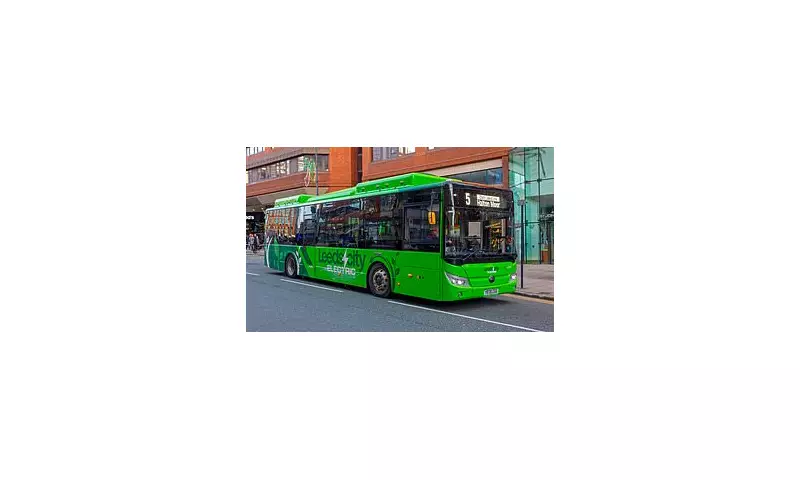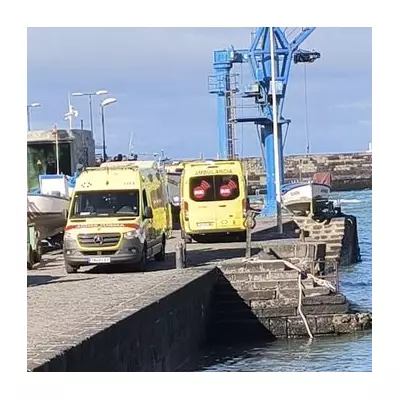
Major Security Flaw Found in UK's Electric Bus Fleet
A significant cybersecurity vulnerability has been uncovered in electric buses operating across Britain's towns and villages, raising serious national security concerns. According to an investigation by The Mail on Sunday, Yutong vehicles could be remotely taken over and deactivated by their Chinese manufacturers, potentially wreaking havoc on the UK's transport network at a moment's notice.
Widespread Fleet and Expert Warnings
Yutong buses have been purchased by transport networks across the country since 2018, with the total number operating in Britain believed to exceed 2,500. Security experts have issued stark warnings, suggesting the manufacturer could spontaneously deactivate the buses from China in what would constitute a 'major act close to war'.
The alarm was first raised after transport officials in Norway, which also uses the buses, discovered that Yutong had access to software updates and the vehicles' control systems via SIM cards installed in the buses. Authorities in Denmark are now urgently working to close this apparent security loophole.
Professor Steve Tsang, Director of the China Institute at SOAS University, stated the flaw makes it possible for 'Beijing to order Yutong or any Chinese company to remotely immobilise their vehicles'. He advised that local authorities using such vehicles should create plans to replace them 'as quickly as possible'.
Political Reaction and Industry Response
Tory MP Alicia Kearns, co-founder of the China Research Group, expressed that the British public would be 'rightly horrified that over 2,000 buses on our roads can be remotely controlled by Chinese manufacturers'. She demanded the government block any further purchases of Yutong buses.
Former Tory leader Iain Duncan Smith went further, insisting that the government, local councils, and bus companies must 'buy buses made in Britain', criticising the pursuit of the 'cheapest option' which results in vehicles 'set up to spy on us'.
The potentially compromised buses are distributed in the UK through Pelican Bus & Coach. Major operators include First Bus and Stagecoach, which each purchased more than 150 Yutong buses last summer alone. The Scottish Government’s Transport Scotland has ordered 287, and even Labour leaders Sir Keir Starmer and Angela Rayner used Yutons as their election battle buses.
In response, a Yutong spokesman insisted the company complies with UK laws and stated that vehicles in Europe 'do not support remote control of acceleration, steering, or braking'. They claimed all software updates require manual physical access and prior customer authorisation. Meanwhile, the Department for Transport confirmed it is 'looking into the case' and working with the National Cyber Security Centre.





